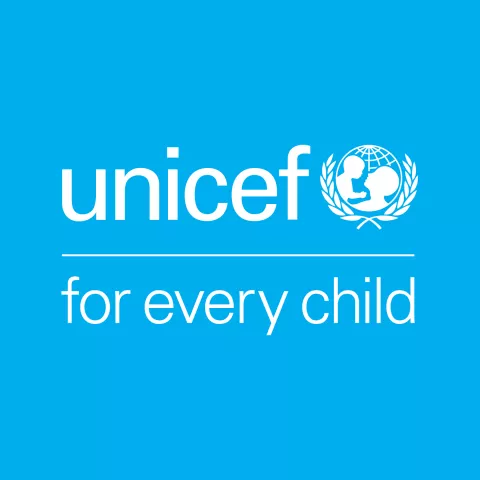Struggles of children left behind by migration at the time of COVID -19
Migration, children and COVID-19

Aravan is a small town in Kyrgyzstan, a stone’s throw from the border with Uzbekistan. Located on the historical silk route, over the last centuries it has seen an endless flow of merchants and traders passing by looking for opportunities and exchanges. On its outskirts, not far from petroglyphs dating back to the first century BC, runs the difficult life of two girls, Tolgonai (14) and Aisuluu (17).

Over the last years, the two girls struggled to keep up a sort of normal life, managing to have the ends meet each month only through the financial support sent by their mother and older brother who had migrated to Russia. However, the abrupt loss of remittances, owing to the COVID 19 emergency , further escalated the difficult relations with their father suffering from chronic alcoholism amid violence and abuses. Life became more anguish than ever, and they could only continue to keep on going through occasional charity and food assistance.
This was the moment when Akchach, one of the psychologists from the “Center for the Development and Protection of Vulnerable Populations” supported by UNICEF in the framework of the EU project “Protecting children left behind by migration”, came into their lives offering a very much needed support and concrete help.
“At first the support was based on remote over the phone psychological assistance in order to comfort them and rebuild – at least partially-- their self-confidence”

The following step was to provide them with a safe space in the neighboring “Crisis Center”, where they could run a life without violence and continue their studies. In parallel, the legal procedure for assigning a legal guardian within the extended family was initiated with the local court through the Ministry of Labor and Social Department.
According to 2019 estimates, in Kyrgyzstan there are over 250,000 children left behind by migrating parents with 120,000 of them separated from both parents. The current COVID-19 pandemic, unfortunately, has already proven to make their lives even harder and expose them to higher risks of violence. For this reason, UNICEF is stepping up its support to make sure that each child will have an accountable and responsible adult ready to protect their best interest. At the same time, a rapid assessment to assess the specific challenges emerging from the COVID -19 crisis has been launched in cooperation with IOM and shall be the basis for future targeted interventions.
When asked about their hopes and fears, Tolgonai and Aisuluu firmly agree on their decision not to come back to their father so to avoid further violence and abuse. At the same time, they express their worries in being negatively judged by their relatives, a hard choice they will need to take with the support of specialized psychologists as well as social workers. While the project has reached so far over 1,200 children, continuous efforts will be invested in devising structural solutions.

Overall, while Tolgonai and Aisuluu’s present looks so uncertain, they are at least comforted of the support they are receiving and look at their future with more optimism and hope.
Names of the two girls have been changed in order to protect their identity



